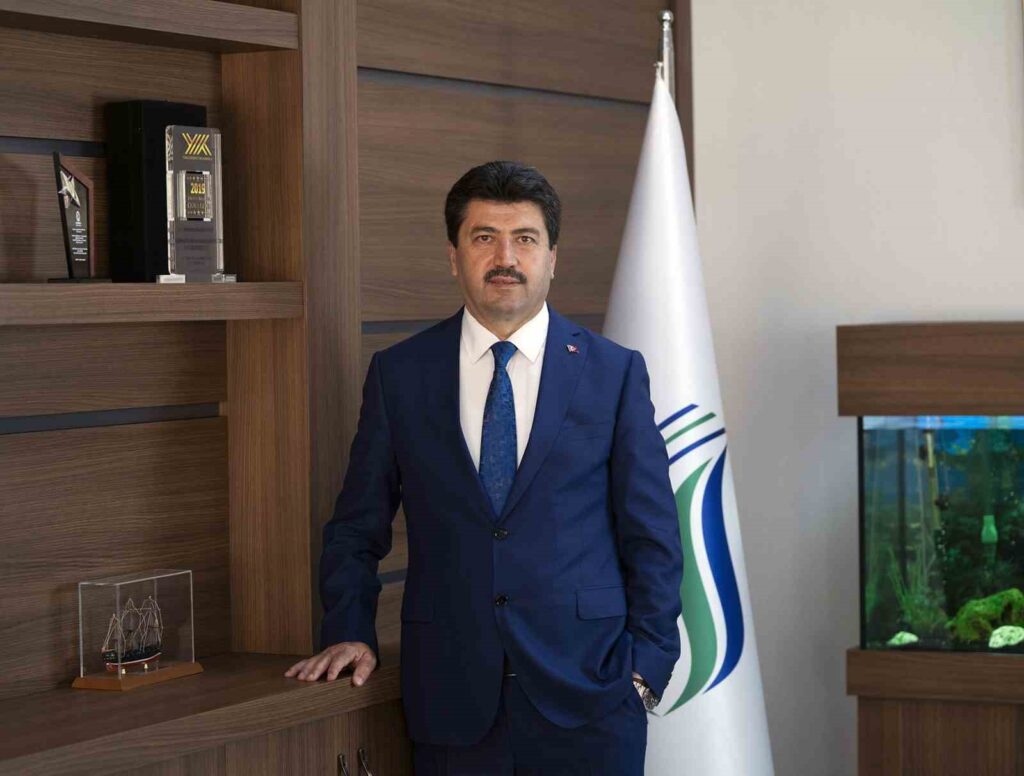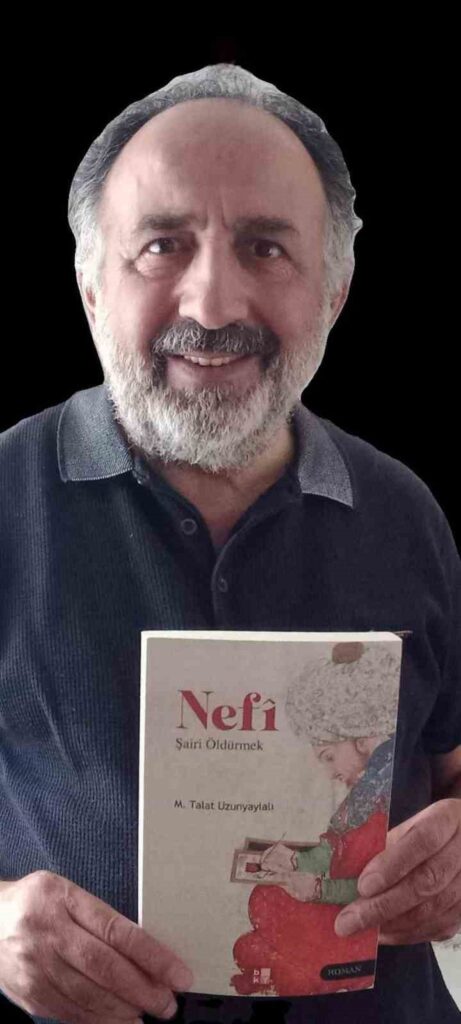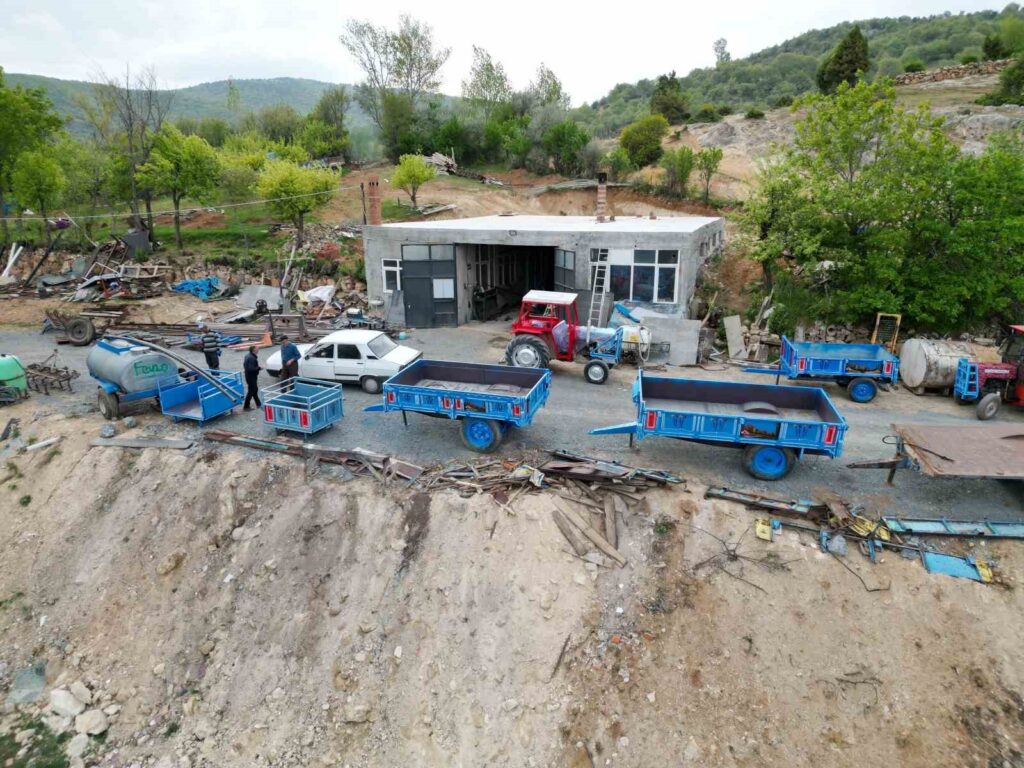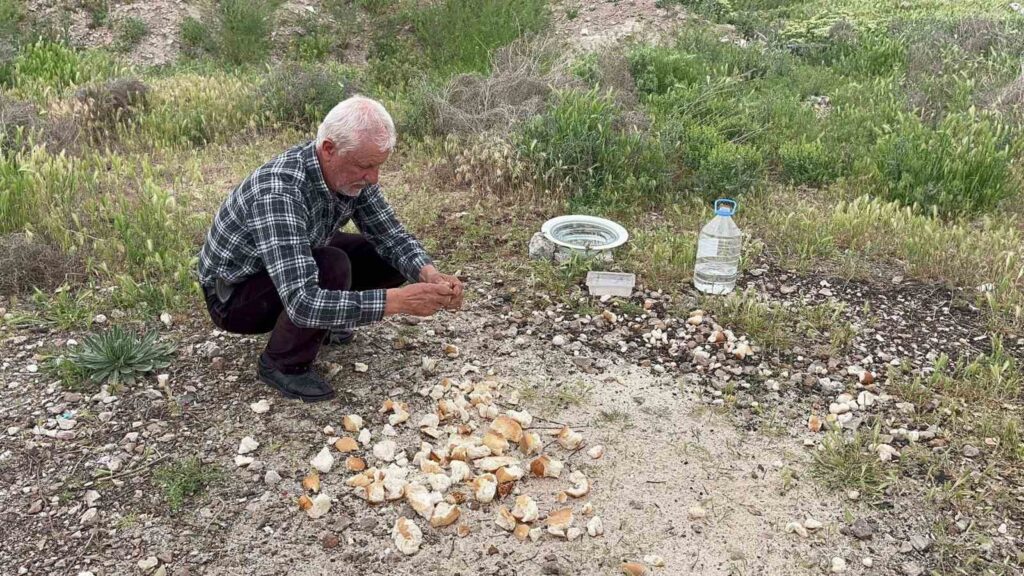‘Translation to Socialism’ exhibition opened for art lovers’ visit.
The exhibition ‘Translation to Socialism’, which brings to the forefront the little-known history of the Turkish-speaking community in Yugoslavia, has opened its doors to art lovers. Organized in collaboration with the Salt and Lumbardhi Foundation, Translation to Socialism is now open for visitation at Salt Galata. The exhibition …
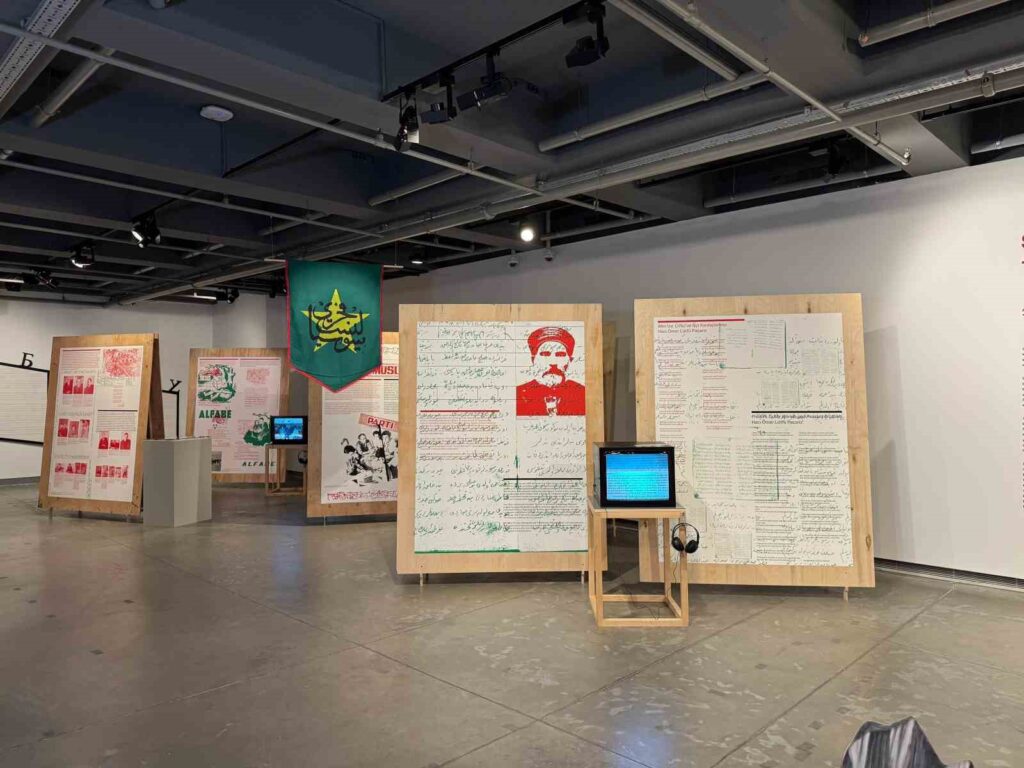
The exhibition “Translation to Socialism,” which brings to light the lesser-known history of the Turkish-speaking community in Yugoslavia, has opened its doors to art lovers.
Organized in collaboration with Salt and the Lumbardhi Foundation, “Translation to Socialism” has opened at Salt Galata. The exhibition focuses on the little-known history of the Turkish-speaking community in Yugoslavia, particularly in Kosovo and Macedonia. It examines the impact of socialist ideology on the construction and transformation of Turkish identity in Yugoslavia within a multi-ethnic social context.
“Translation to Socialism” includes historical documents found in special archives and public libraries, many of which are being revealed for the first time. These materials are presented alongside the works of Mustafa Emin Büyükcoşkun, Yane Calovski, Hana Mileti, Ahmet Öğüt, Fevzi Tüfekçi, and Dilek Winchester. The exhibition investigates the construction of a national consciousness based on themes of internationalism and solidarity, revealing how the historically distinctive features of Yugoslav socialism, such as self-management and the Non-Aligned Movement, shaped the ways in which the Turkish-speaking community was imagined. By highlighting the new cultural structures that emerged from these complex dynamics, it establishes a unique narrative that remains relevant today.
“We can call this exhibition an archive exhibition”
Regarding the exhibition, Salt General Manager Deniz Ova stated, “Today we are here at Salt Galata for the ‘Translation to Socialism’ exhibition. Our exhibition will be open from October 24, 2024, to February 23, 2025. We can refer to this exhibition as an archive exhibition. It is based on a research about the Turkish-speaking community in Yugoslavia over a long period from 1920 to the end of the 1980s. It tells a social story. We are organizing this exhibition together with the Lumbardhi Foundation.”
“The exhibition tells about the written materials produced by communities in Yugoslavia”
The curator of the exhibition, Merve Elveren, said, “The ‘Translation to Socialism’ exhibition focuses on the written materials produced primarily by the Turkish-speaking communities in Skopje, Pristina, and Prizren in Yugoslavia from 1920 to 1980. We see the newspapers, magazines, and other types of periodicals produced by these groups, as well as materials created by initiatives or sometimes individuals on their own initiative, presented in a non-chronological manner in the exhibition space. On the one hand, the works of the artists we invited to the exhibition accompany this archival material. These works allow for a different perspective on this archive.”
Historical scope of the exhibition
The historical scope of the exhibition begins in 1920, when a segment of the oppressed Muslim population in the Kingdom of Yugoslavia sought liberation in leftist ideas. It traces the stories of a new generation of activists who opened the way for a socialist future vision that had been interrupted by the oppression of the royal regime. Built on this legacy, the exhibition opens to the new reality of Socialist Yugoslavia and extends to the end of the 1980s.
Although the Turkish-speaking community in Yugoslavia constituted a small part of the population according to official records during this period, policies towards different nationalities allowed for the establishment of many cultural and political initiatives, such as newspapers, periodicals, and schools, that operated in the Turkish language. The connections between these formations not only opened up discussions on mainstream approaches to nationalism but also enabled a multifaceted questioning of the ‘totalitarian’ and ‘ethno-nationalist’ discourse that was reinforced by the disintegration of Yugoslavia during the wars of the 1990s.


